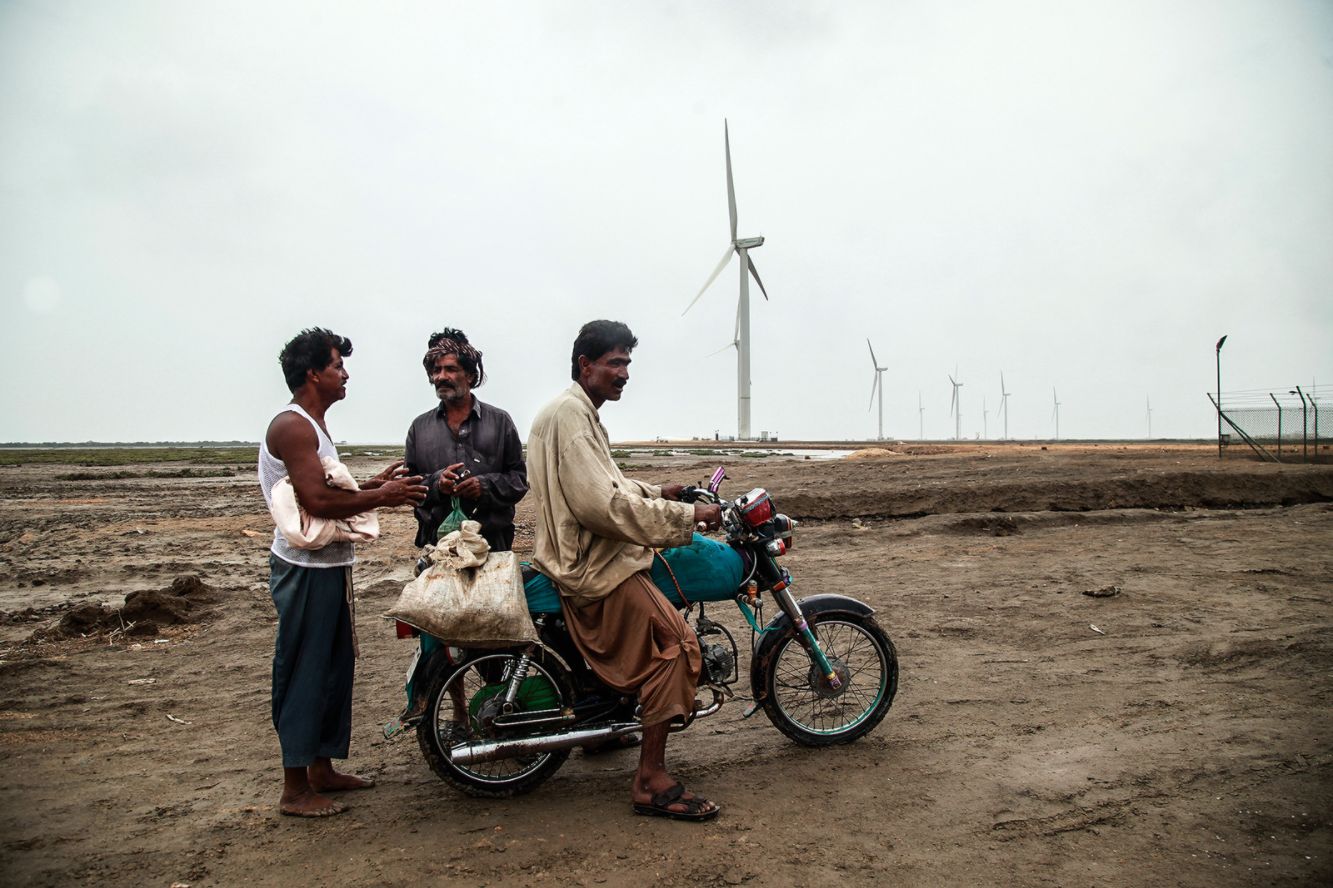IHRB submission to the Call for Inputs by the Katowice Committee of Experts on the Impacts of the Implementation of Response Measures - a UN climate change committee charged with reviewing the impacts, positive and negative, of action taken by all actors to combat climate change.
With reference to MTP/O/KCI/Inputs, the Institute for Human Rights and Business (IHRB) presents its compliments to the Katowice Committee of Experts on the Impacts of the Implementation of Response Measures (KCI) and wishes to respond to the call for inputs on the following activities:
3. Workplan Activity 11: “Facilitate, exchange and share experiences and best practices on the assessment of the environmental, social and economic co-benefits of climate change policies and actions informed by the best available science, including the use of existing tools and methodologies” as per annex III by 31 March 2022.
For companies to meaningfully contribute environmental, social, and economic co-benefits from their climate change policies and actions, they must first and foremost consider risks to people connected to their business. IHRB congratulates the KCI for its focus in Workplan Activity 9 on the aspects of intergenerational equity, gender, and the needs of local communities, indigenous peoples, youth and other people in vulnerable situations. We offer this submission in encouragement of even stronger emphasis on a human rights risk-based approach to climate action by all actors involved, through joined up implementation measures that truly minimise harm based on risks to people while maximising positive opportunity.
A key framework in assessing the potential adverse impacts of action taken by business are the UN Guiding Principles on Business and Human Rights. Endorsed unanimously by the Human Rights Council in 2011 and since integrated by a range of leading intergovernmental and standard-setting organisations, the UN Guiding Principles are the baseline standard of expected conduct for implementing a business’s responsibility to respect human rights across all of its operations, products, and services. The UN Guiding Principles should be a key tool for every actor involved in achieving a just transition.
As outlined in our recent report, “Just Transitions for All: Business, Human Rights, and Climate Action”, business and human rights good practice can strengthen just transition efforts in at least four ways:
- Attention to human rights and corresponding state duties and business responsibilities can bolster just transition strategies on matters such as ensuring access to information and meaningful participation in decision-making;
- Business and human rights framing and perspectives can help bring awareness of a wider range of impacts into just transition planning and implementation, enhancing its positive outcomes beyond the workplace boundaries of businesses directly involved;
- Human rights due diligence offers a practical tool for addressing the wider implications of just transition processes, for example, on communities, indigenous people and gender perspectives;
- Integration of existing business and human rights standards can help to screen business and policy tools that are readily associated with just transition, but that may themselves have adverse human rights implications for vulnerable people. A human rights perspective that extends understanding of just transition into value chains and business relationships can achieve better human rights and development outcomes.
The potential for positive impacts to result from integration of the business and climate change and business and human rights agendas goes beyond transition. Businesses can also contribute to climate adaptation in ways that multiply the positive outcomes of public policy priorities on climate change; they can work with civil society and others to prevent climate responses from triggering roll-back of civil and political rights protections; and they can champion human rights as part of public policy processes associated with just transition.
Integrated approaches can strengthen human rights protections, climate justice, and sustainable development. And at a time of global pandemic, they can also help to deliver the green and just recovery that is so badly needed.
There has been over ten years of practical, detailed work implementing the UN Guiding Principles in a range of sectoral contexts. But the transition to the green economy – with its mineral-heavy supply chains and land-hungry infrastructure – risks being as damaging in human rights terms as traditional high-carbon industries. IHRB is working with a wide range of businesses, governments, and investors, as well as UN agencies, trade unions, NGOs and human rights defenders to advance a rights-based approach to just transitions in key sectors as well as “transition out” and “transition in” contexts. We would be happy to share further details with the KCI in support of its critical mandate.





























The perception of ‘value’ needs to change if the World Bank’s mission is to succeed
Last week we attended the Spring Meetings of the World Bank and International Monetary Fund (IMF) in Washington, D.C. The annual IMF-World Bank meetings bring together finance ministers and central bankers from all regions as a platform for official...
26 April 2024 | Commentary
Commentary by Vasuki Shastry, Author, ESG/Strategic Communications Expert; International Advisory Council, IHRB Haley St. Dennis, Head of Just Transitions, IHRB